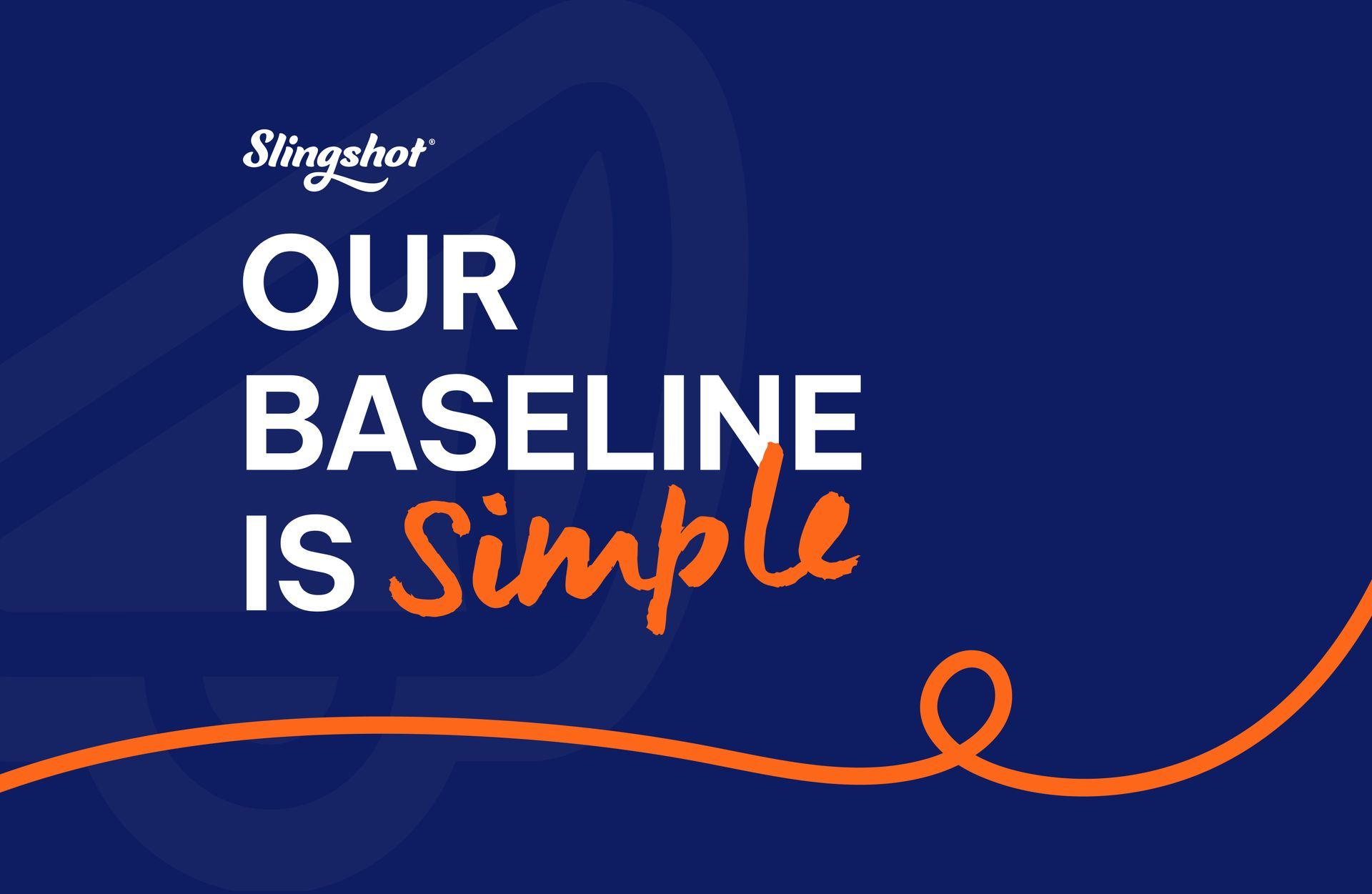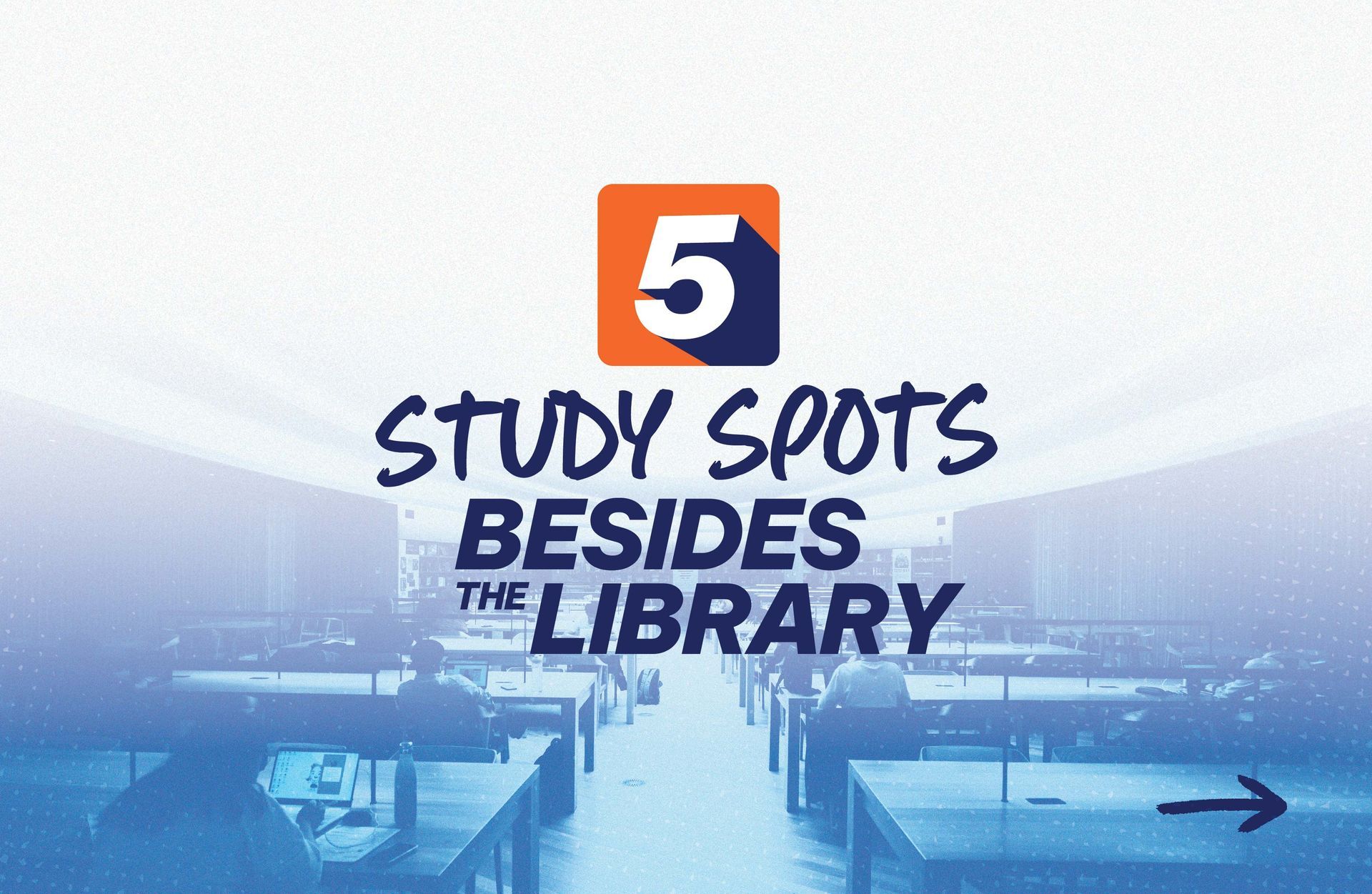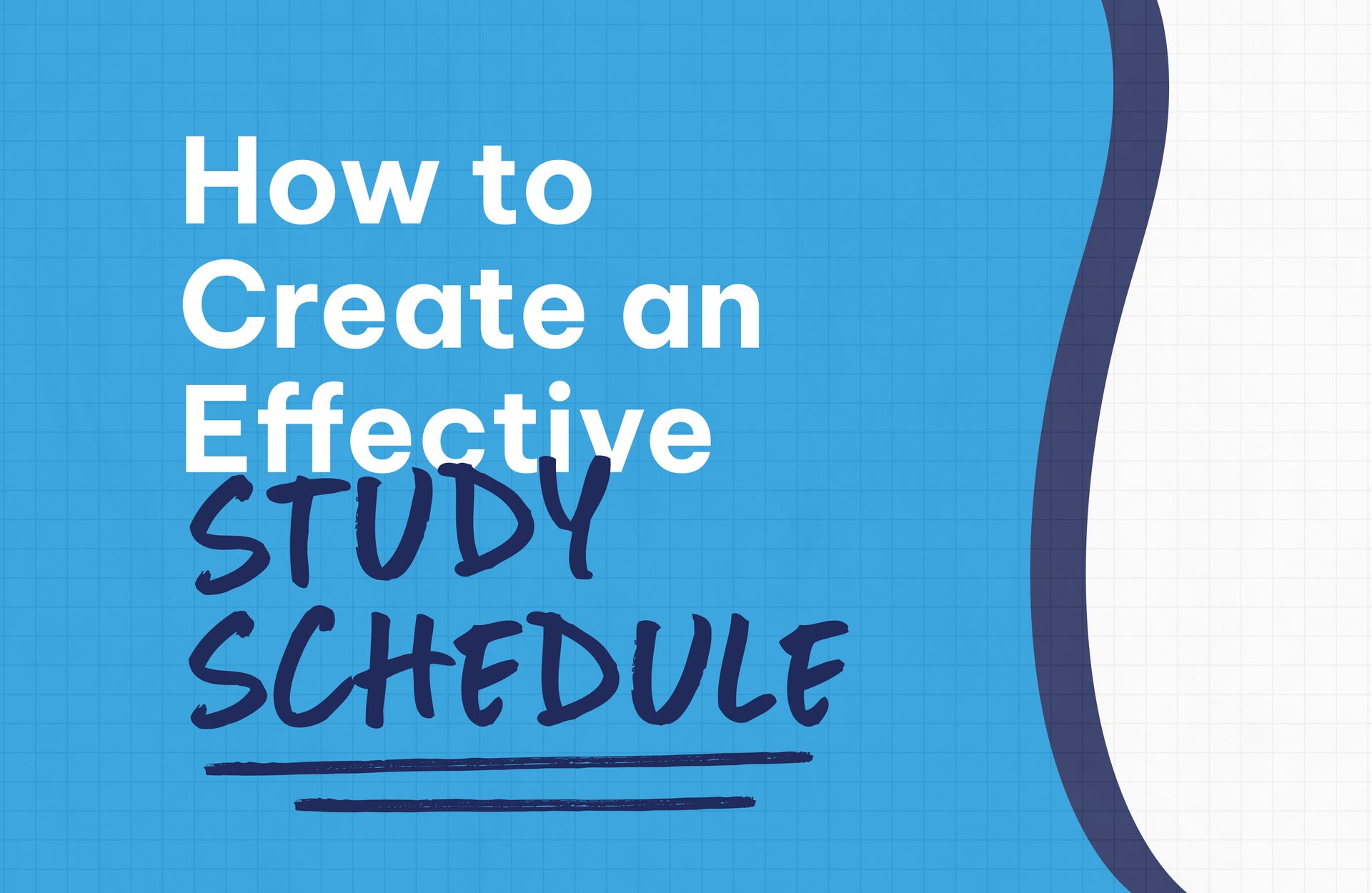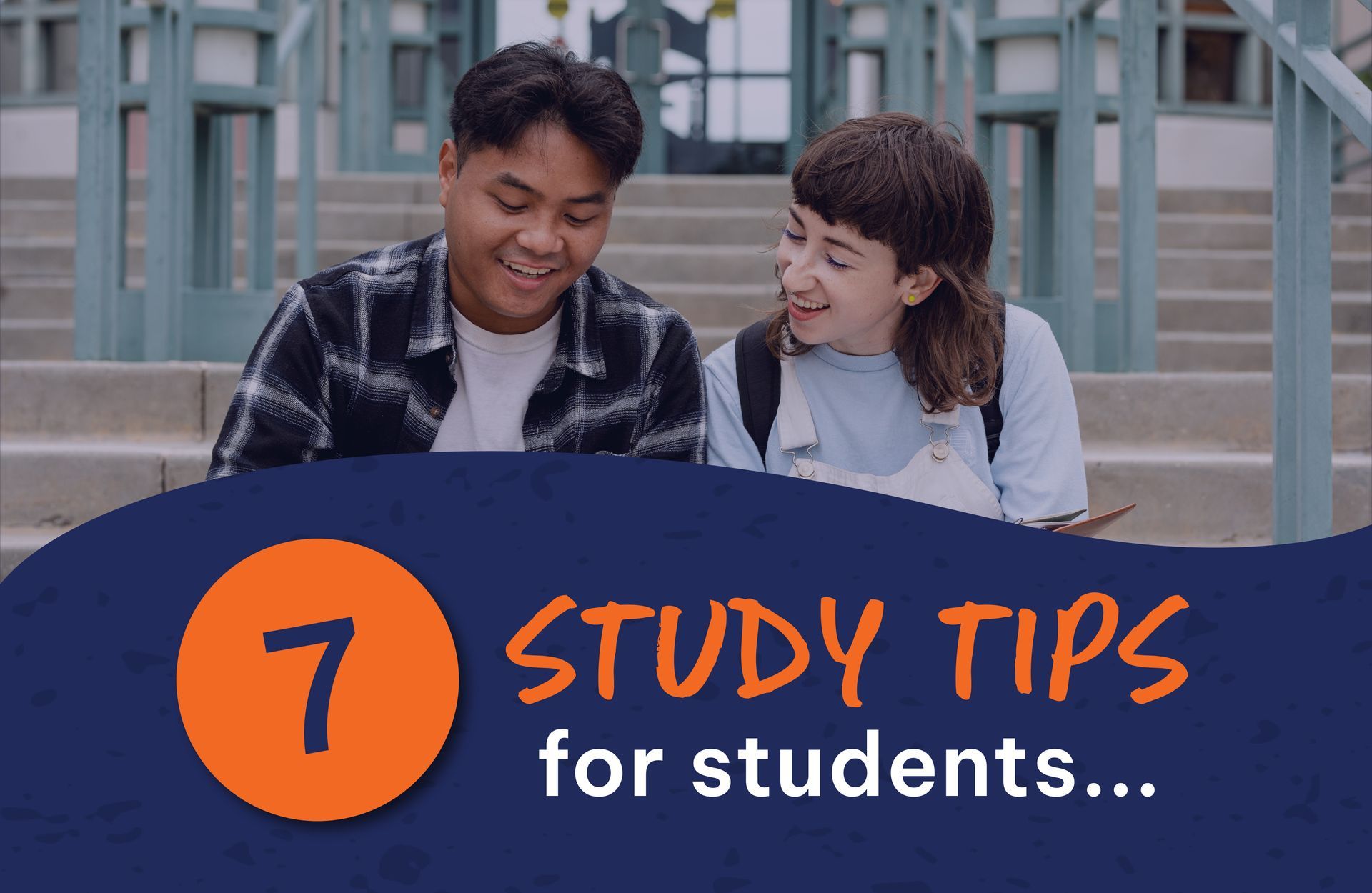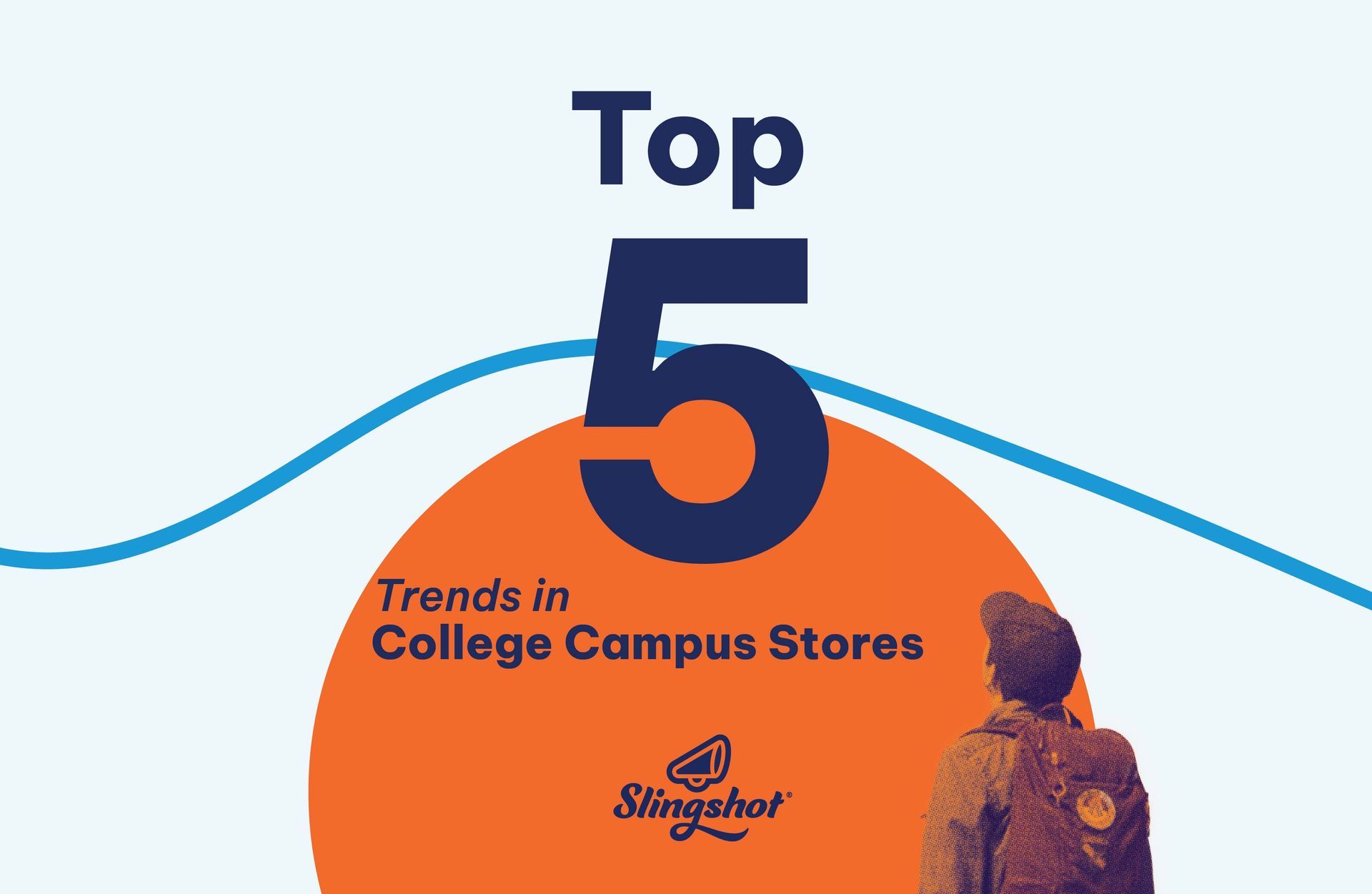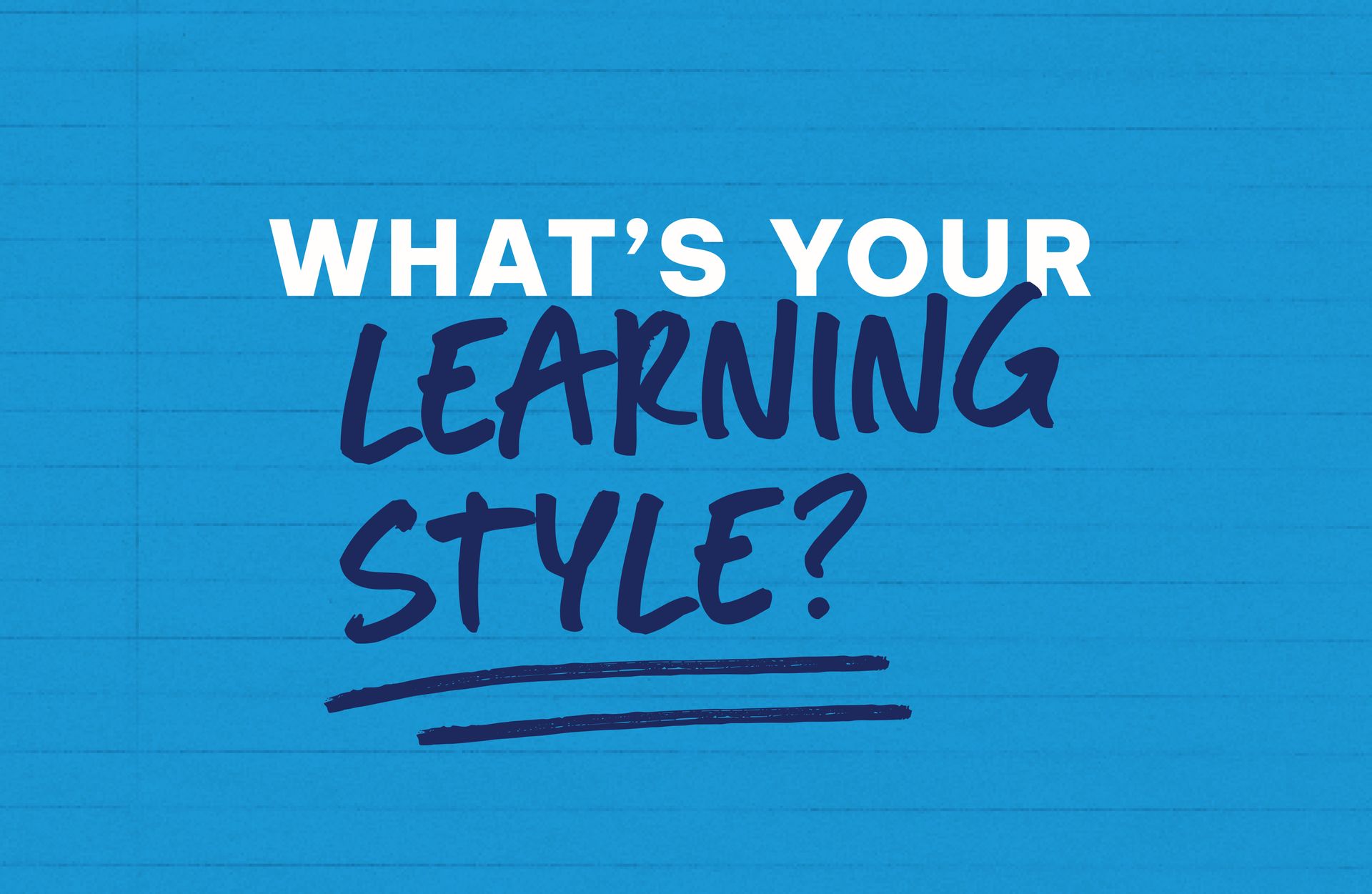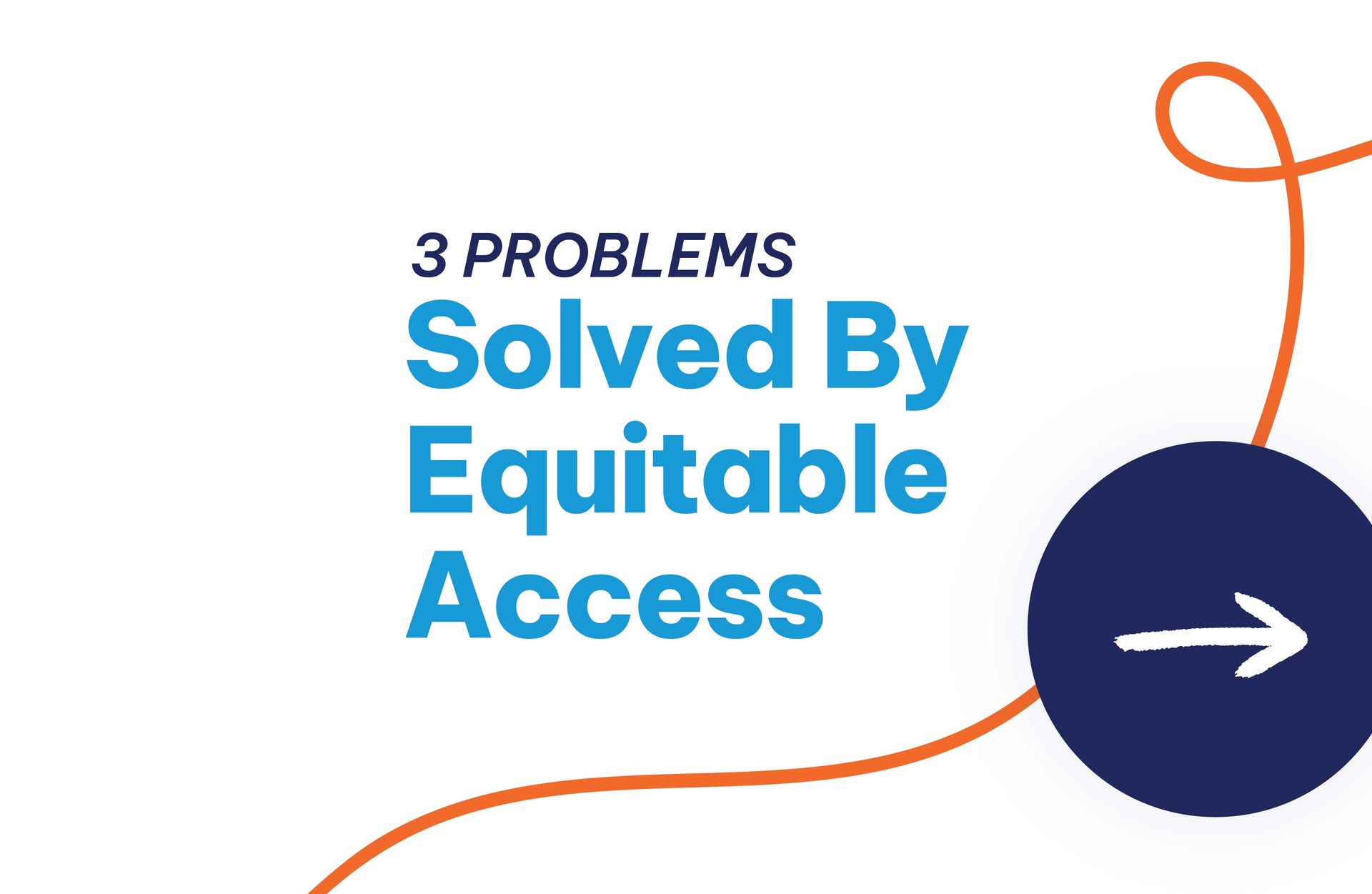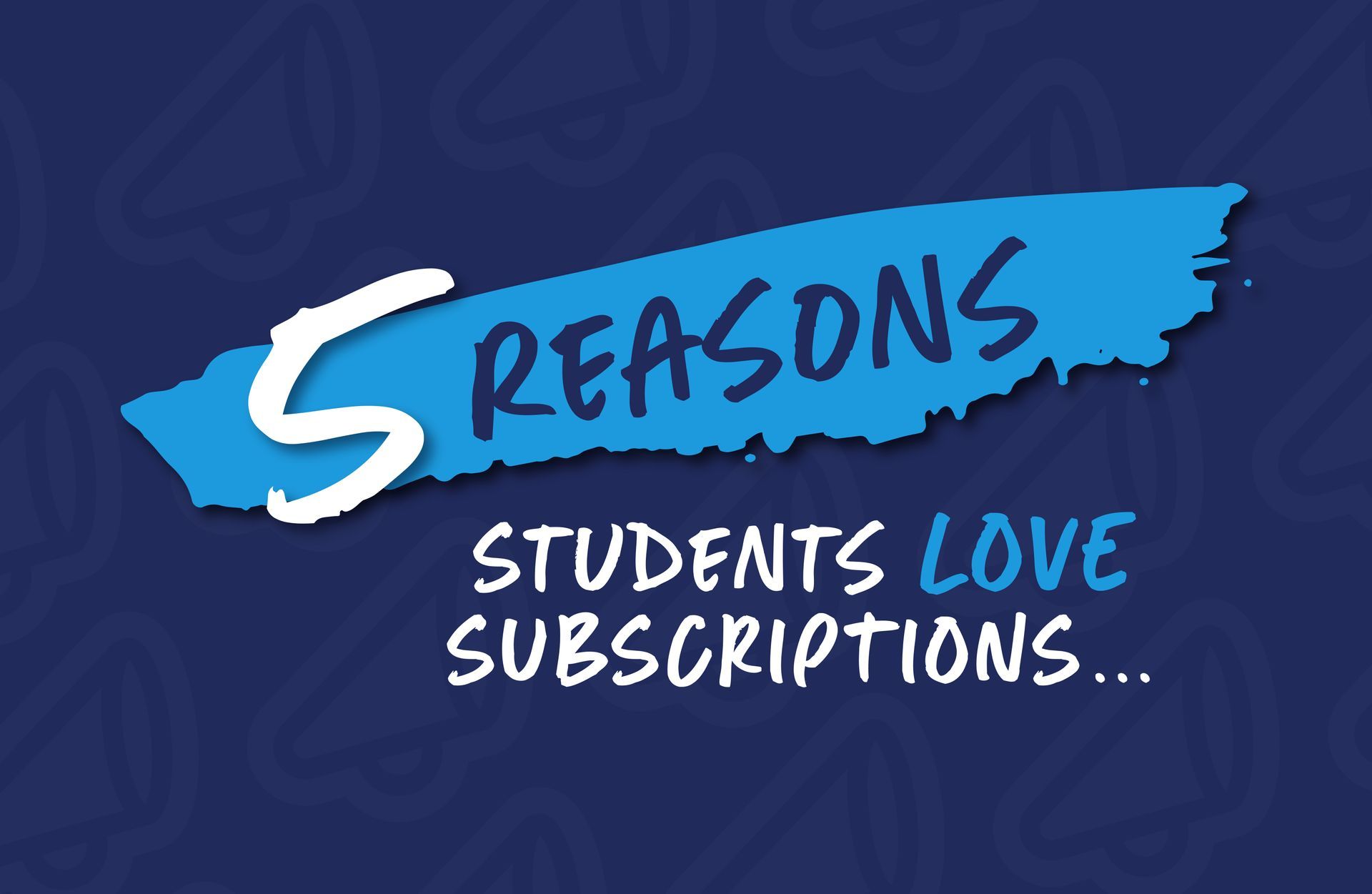Equitable Access: The Future of Course Materials
Disclaimer: Dr. Mike Moore is a Research Scientist at the University of New Hampshire. This blog is not an endorsement of any product or service, but his opinion as expert in course materials intervention research.
Higher education is experiencing a revolutionary boon in the course materials acquisitions and delivery process. The predominant and archaic “find and acquire” models of course materials are being torn down. They are being replaced by models designed to eliminate barriers students face in access to and cost of course materials.
The use and adoption of
Inclusive Access
(IA),
Equitable Access
(EA), and
Open Educational Resources
(OER) are changing the landscape for college students and higher education across the United States. All three of these revolutionary models are designed to remove students the from the course materials acquisitions process.
Revolutionary Movement
The removal of students from the acquisitions process is a critical element of course materials’ paradigm shifting movement. The “find and acquire” models of course materials acquisitions require to students to figure out what materials they need and where to find them and then decide if they have the financial resources to pay for them.
This model may be fine for a large segment of our college and university students, but some of higher education’s most underrepresented student populations suffer aspiration-altering setbacks before they even get into the classroom. With “find and acquire” models, the first metric used to assess a college student is not their ability to master new material or understand new concepts, but it is their ability to be resourceful or have resources. This is no longer an acceptable or sustainable practice.
Equitable Access
What is Equitable Access? Equitable Access is a whole campus course materials acquisitions model where every student in every section of every course across the entire campus is provided required course materials on or before the first day of class. Generally, students pay a discounted rate for their course materials, but are not required to pay up front for them. Student Bursar accounts are charged a per-credit-hour or flat fee for all their course materials regardless of course or program type.
More importantly, course materials content is delivered digitally through the Learning Management System (LMS). This allows every student in every course to walk into class on day one with their course materials without having to battle the resource barriers of the find-and-acquire models. There are different versions of Equitable Access that include print, rental, and digital options. However, a digital-first approach to Equitable Access may have the strongest benefit for students in terms of access. If you are not using a digital-first approach, you are re-entering students into the acquisitions process. This negates one of the strongest benefits of this revolutionary course materials model.
Future of Course Materials
I have written about
IA
and
OER, but I believe that Equitable Access may represent the future of course materials acquisitions and delivery. The main reason is that it incorporates both the publisher-driven content of Inclusive Access and the open access content of OER. The combination of available content ensures that faculty can use whatever material suits their pedagogical needs. This further supports faculty’s academic freedom and ability to deliver teaching and learning methods that align with their (and their institution’s) vision of education and instruction.
Equitable Access Research
Participation in an Equitable Access program on a campus is not a requirement. Students can opt-out of their campus’s EA program and revert to the archaic “find and acquire” models if they so choose. However, my research on Equitable Access programs and course completion rates suggests that students who opt out of an EA program are 15.5% less likely to complete a course than those who stayed in the program.
The disparity in course completion rates between participants and non-participants is only exacerbated when we look at the impact on opting out for Black students and Federal Pell Grant recipients. Black students who opted out of their EA program were 21% less likely to complete a course, and Pell Grant students who opted out were 17% less likely to complete a course. So, while the opt-out provision is a student’s right, the early research on EA and course completion rates indicates staying in the program is more beneficial to supporting a student’s academic progress and degree attainment.
Final Thoughts
This revolutionary paradigm shift in higher education course materials is not going to slow down. In fact, the adoption of these revolutionary models will only continue to grow. My research and the work of a few others shows that these models are impacting students beyond the cost savings. These models are helping students in their academic pursuits and eventual degree or credential attainment. Furthermore, Equitable Access provides an equal footing when students enter the classroom. No longer are less resourced students forced to make difficult decisions between paying for their course materials and basic needs like food or rent.
Bio: Dr. Mike Moore is a Research Scientist in the Education Department at the University of New Hampshire. Mike’s research focus is understanding how course materials interventions impact higher education beyond the potential cost savings for students. He has completed two quantitative studies on Inclusive Access’s impact on student success rates and the first ever study to examine the impact of Equitable Access on course completion rates. Prior to moving into academia, Mike worked on the front lines of the college bookstore industry. This experience provides Mike a unique perspective in understanding the real-world implications of his research and how the cost of and access to course materials impacts students.

